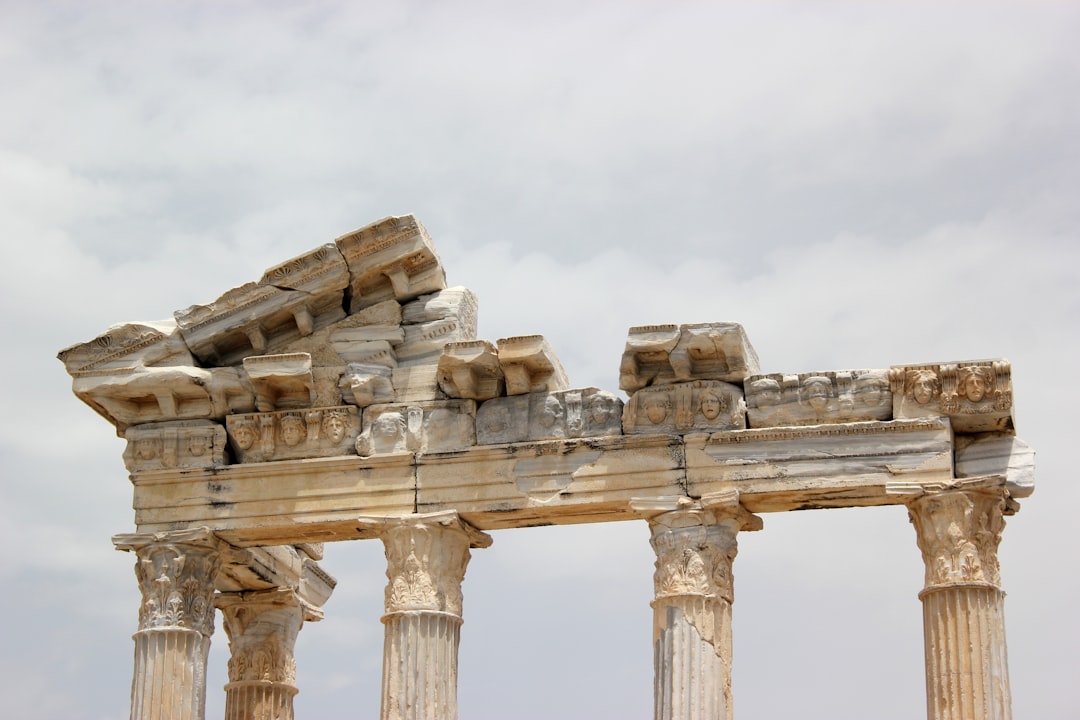May 28: Isaiah 29
Deuteronomy 1; Psalms 81–82; Isaiah 29; 3 John

The king of Israel will be tempted to trust in an alliance with Egypt, instead of God, writes Isaiah. Here in chapter 29 he focuses particularly on Jerusalem, nicknamed “Ariel” (1). It’s a play on words: “Ariel” can mean either “lion of God” or “altar hearth” - the place where the sacrifice was burned up. Thus Jerusalem could be the glorious walled refuge of David, or a place that God will encircle, besiege and threaten (3). Behold the kindness and severity of God, Paul will later say (Rom. 11:22).
God promises to save them, not Egypt (5-8). But the people cannot believe this - they are blinded (11-12). But this is because God made them blind (9-10). So why would God do this?
The problem is not with their intellects, but that their hearts bend away from God (13). So God blinds them, and then shames the “wisdom” of the wise (14-15). Should someone ask, why would God choose Israel, only to do this to them? That’s upside-down; He is the potter (16; see Rom. 9:21).
And one day soon, God will open their eyes; the blind shall see (18). There will soon come a day when “Jacob” shall bear many children (see Isaiah 53:10), and they will glory in the “holy one of Israel” (23). The vision is fulfilled beyond Isaiah’s horizon: to do all this, it will take a gory cross, and an empty tomb.

